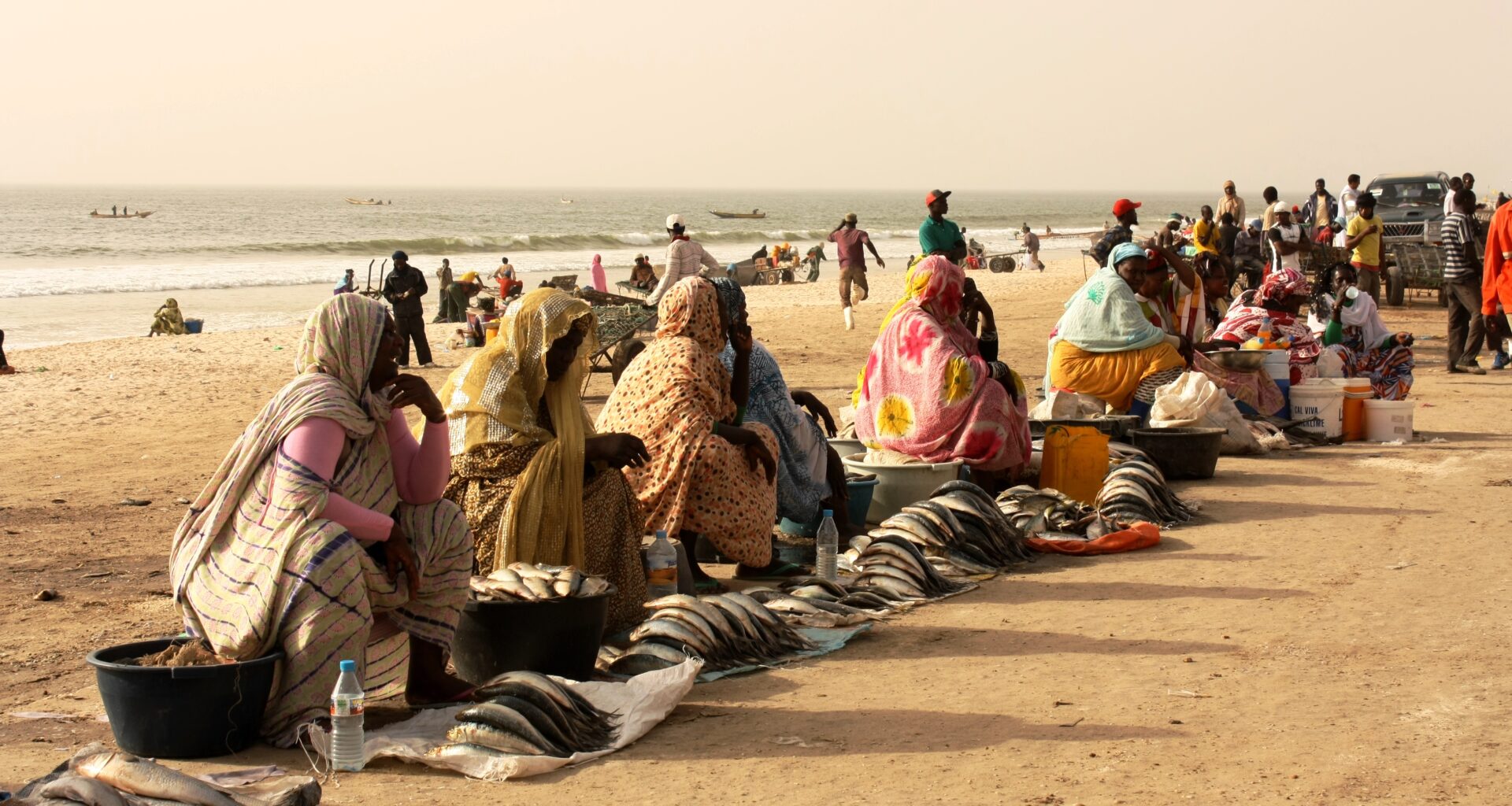Human Rights Watch (HRW) on Wednesday reported that Mauritanian security forces committed serious human rights violations between 2020 and early 2025 against west and central African migrants and asylum seekers.
The 142-page report, titled “They Accused Me of Trying to Go to Europe: Migration Control Abuses and EU Externalization in Mauritania,” documents torture, rape, arbitrary detention, extortion, inhumane conditions, and collective expulsions allegedly carried out by Mauritanian police, coast guard, gendarmerie, navy and army. Such abuses often occurred while the migrants were seeking to leave or transition from the country.
Victim accounts detailed being beaten with sticks and whips, deprived of food and water, and expelled to remote border areas in Mali and Senegal without due process. Moreover, children and asylum seekers were among those who were forcefully removed.
According to HRW, these expulsions escalated in 2025 as Mauritania received increased funding from the EU and Spain to stem irregular migration. A record 46,843 people reached the Spanish Canary Islands from West Africa in 2024, with departures from Mauritania sharply rising. The EU signed a €210 million migration partnership with Mauritania in 2024, while Spain deployed police and civil guard to assist Mauritanian forces.
The report argued that this externalization strategy “incentivized repression of migration” and left Europe complicit in the abuses. Among local authorities, Spanish officers were reportedly present during some arrests.
At the same time, signs of progress have also been acknowledged. Mauritania has hosted more than 176,000 refugees, mainly from Mali, and in May adopted national procedures for migrant rescues and management, including bans on collective expulsions as well as commitments to medical and protective screenings. Authorities have also pledged to increase monitoring through better security forces training along with individual assessments before deportation. The EU has likewise emphasized a “human rights-based approach” and recently added contractual safeguards requiring partners to report abuses.
However, the report stressed that reforms remain fragile. Lauren Seibert, the refugee and migrant rights researcher of Human Rights Watch commented:
By going further to end abuses, Mauritania could potentially lead the way toward rights-respecting migration management in North Africa. For their part, the EU and Spain should ensure that their migration cooperation with Mauritania prioritizes rights and saving lives, instead of supporting security crackdowns that lead to abuses.
